The Best Xiaomi Phones to Buy in 2024
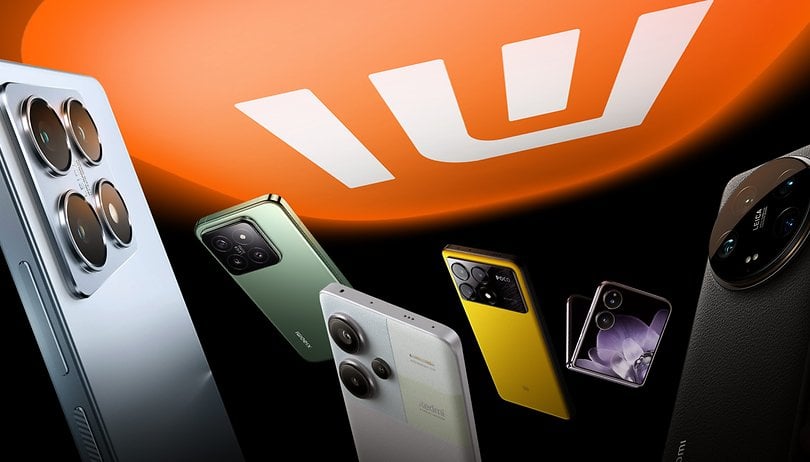

From humble beginnings to a tech giant in a few short years, Xiaomi today has a complete lineup of phones from inexpensive basic models up to multi-camera behemoths. We have tested all the recent launches and tell you how to choose the best Xiaomi, Redmi, or Poco phone for your needs.
Different from previous versions of this article, we won’t cover the entire catalog of products—sorry five different Redmi Note 13 models. We picked different price points and chose the best options based on our tests. After this initial comparison table you can skip to the reasons why each model was chosen:
| Money is no object | Best under $1000 | Best under $500 | Best under $300 | |
|---|---|---|---|---|
| Device | ||||
| Image | 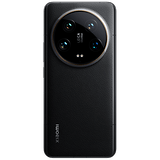 |
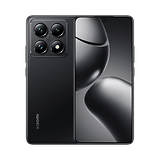 |
 |
 |
| Rating |
|
|
|
|
| Hardware |
|
|
|
|
| Camera |
|
|
|
|
| Battery |
|
|
|
|
| Offers* |
|
|
|
|
The best Xiaomi phone in 2024: Xiaomi 14 Ultra
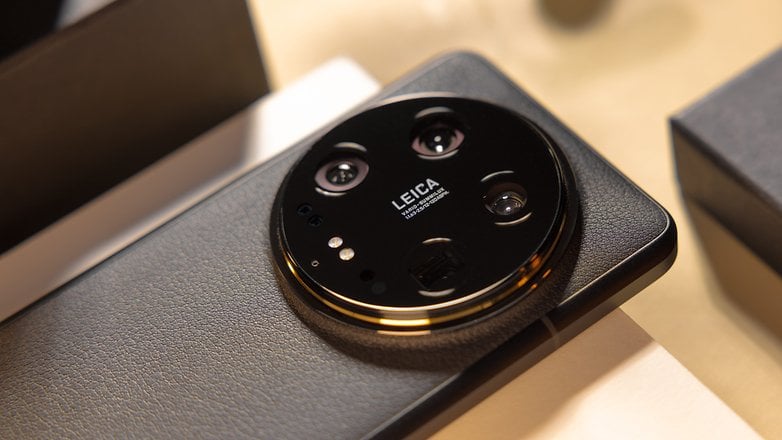
This category is a no-brainer, the Xiaomi 14 Ultra packs all the best technologies available to the company, in a package that is competitive with any other brand. The best display, processor, connectivity, and especially cameras, are all here for the lucky ones able to afford it.
Its main selling point is the versatile quad-camera setup in the back, tuned with help from the German camera experts at Leica. Besides the main and ultra-wide lenses, you will find two telephoto cameras for better coverage along the 5x zoom range. There is even a camera accessory kit with a hand grip and dual-stage shutter button. Unsurprisingly, the Xiaomi 14 Ultra was very close to win nextpit’s community camera blind test.
Good
- Well-calibrated screen
- Outstanding photo quality
- Good battery life and really fast recharging
- 4 Android updates + 5 years of security updates
Bad
- HyperOS lacks innovation
- Temperature control not optimized
- Availability and price
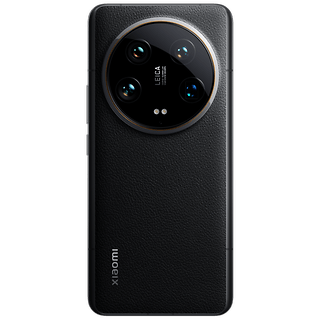
The sensible Xiaomi phone to buy: Xiaomi 14T Pro
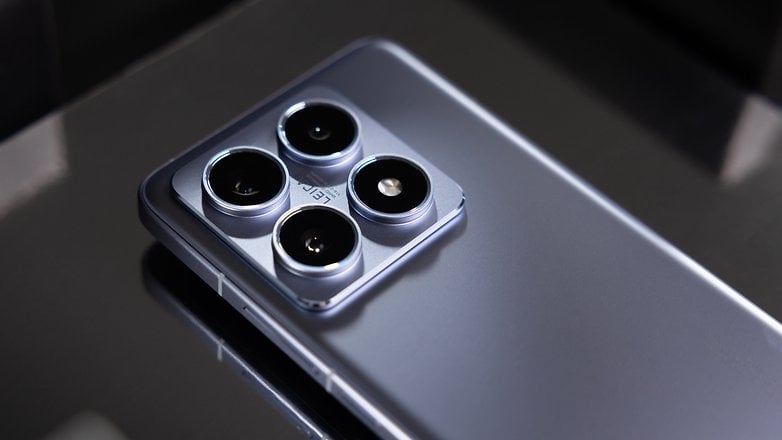
If the Xiaomi 14 Ultra price is out of your budget but nothing short of a flagship experience will satisfy you, the Xiaomi 14T Pro is currently the best choice for most buyers. The main compromise for the lower price point is a less versatile camera, with a zoom lens with a shorter 2.6x magnification.
Outside of that, the 14T Pro has it all: Flagship processor with plenty of memory, a big and bright display, the same Leica image rendering with different styles to choose from, fast charging both with or without wires, but unfortunately no charger included in the box. Better still, Xiaomi is promising a batch of new AI features coming soon to the HyperOS system.
Good
- Excellent daily performance
- Versatile camera in both hardware and software
- Fast charging wired or wireless
Bad
- Average gaming performance
- No charger in the box
- Bloatware and ads
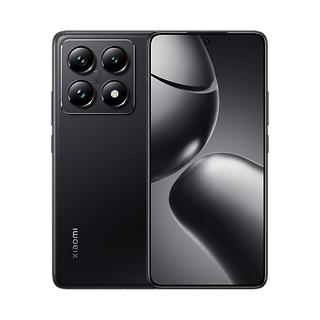
The best Xiaomi price-performance: Poco F6
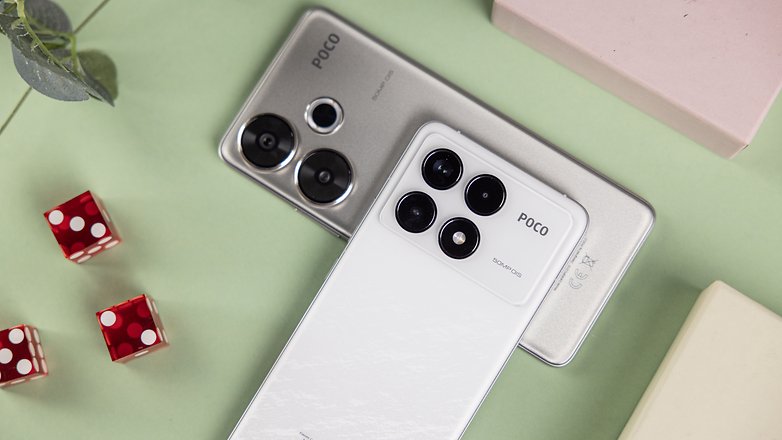
For true flagship performance at a lower price point, we chose the Poco F6. Processing power is very close to the two picks above, with some sacrifices in charging speeds and especially cameras. The Poco F6 is basically a gaming smartphone with a design thought for adults instead of angry Japanese teenagers.
There is plenty of memory available—both RAM and storage—but only two cameras on the back: A decent main camera with 50 megapixels, and a humble 8 MP ultra-wide. On the positive side, at least Xiaomi/Poco isn’t making you pay for a useless macro or depth sensor. If photography is an important use case for you, consider moving to Xiaomi’s flagship line, as even the more expensive F6 Pro simply adds a (useless) macro camera and an improved main camera.
Good
- Great performance
- Improved software update policy
- Good battery life
- Fast charger included
Bad
- Bloatware
- Average camera performance
- No microSD support or headphone jack
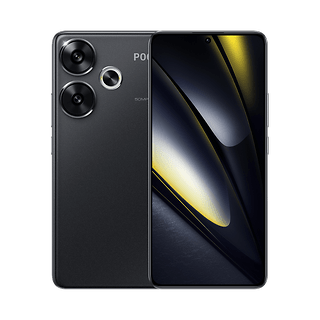
Xiaomi’s sub-$300 mid-ranger champion: Redmi Note 13 Pro 5G
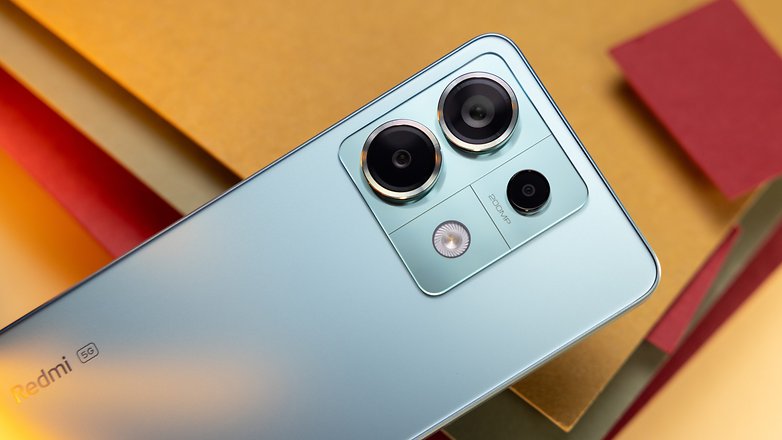
The Redmi Note family is Xiaomi’s workhorse, like the Ford Transit, it is an unsung hero, but a true best-seller. And despite small changes throughout the years, the 2024 line still offers a good balance of features and performance for the price—if you ignore the 4G models—that’s why we chose the Redmi Note 13 Pro 5G for the $300 price range, together with its Poco twin, the Poco X6 5G.
The cameras look flashy at 200 or 64 megapixels, respectively, but remember that mid-range phones use much smaller sensors than the ones on expensive phones, so quality is usually a notch below. Still, pictures are pretty good (especially under daylight), and the mix of performance and battery life offer more bang for the buck than most phones in higher price points. To sum up, an excellent balance of trade offs for any of the Redmi Note 13 5G models.
Good
- Fast and bright FHD+ OLED screen
- Fast charging
- Headphone jack
- Nice pictures from the main camera
Bad
- Just average performance and battery life
- Secondary cameras are disappointing
- No microSD expansion
- More than a dozen third-party apps pre-installed
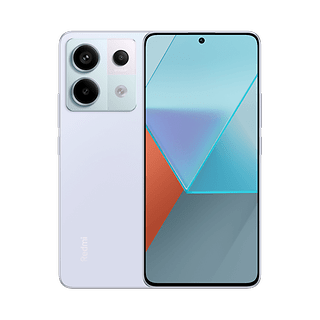
The selection criteria
Long time readers will probably notice that this guide opened with a much shorter table. The reason for that is that we opted to only list the most important features for the selected price categories:
- Hardware: The Snapdragon 8 and Dimensity 9000 series offer the best performance in the Android ecosystem, with the Snapdragon 7 series slightly behind them. RAM and storage capacities are enough for daily tasks and even gaming.
- Cameras: In general, more cameras offer more versatility, covering big open shots on the ultra-wide and far away subjects with telephoto zooms. However, don’t be impressed by macro cameras (they are usually useless), or big megapixel numbers.
- Battery: Xiaomi mostly standardized around the 5000 mAh capacity, offering better-than-one-day-battery-life. Xiaomi also traditionally offers much faster charging than competing phones, but their latest 14T launch stopped including the required adapter, keep that in mind!
All selected models feature 5G, NFC, and relatively up-to-date Bluetooth and Wi-Fi standards. Similarly, all of them pack big displays (either 6.67 or 6.73 inches) at high resolutions and refresh rates.
Software-wise, the top three picks come with Xiaomi’s own HyperOS on top of Android 14, while the Redmi phone is delivered with MIUI over Android 13 (with the HyperOS+Android 14 upgrade already in OTA distribution). The flagship 14 models will be supported for five years for security updates, while the other two models will get four years of support.
Xiaomi, Redmi, and Poco ranges explained
If you get confused whenever you read the names of the different brands above, you are not alone, especially because there is usually some overlap between them. But let us try some Xiaomisplaining:
- Xiaomi’s numbered line is the flagship, with the best cameras, processors and fastest charging speeds. Usually launching at $800/800€. E.g. Xiaomi 14 Ultra, Xiaomi 14, Xiaomi 14T.
- Poco: Bang for the buck brand, sometimes gaming-oriented, shares some models with Xiaomi in both the high-end—some China-only flagships are sold as the Poco F line—the mid-range Poco X and M series (twins of some Redmi Note models), and the basic C range.
- Redmi: A value-oriented brand, competing with the Galaxy A family from Samsung, covers a wide price range from $100 all the way up to $600. It is further subdivided into the more expensive Note series, and an entry-level numbered line. E.g. the $130 Redmi 13C.
What did you think of this new, shorter structure? Did you prefer the old structure with all the latest models displayed with all the main specifications? Do you have suggestions? Did we overlook a model? Share your opinions in the comments below!



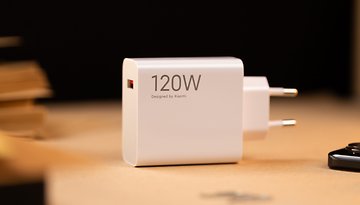
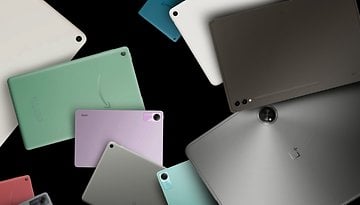

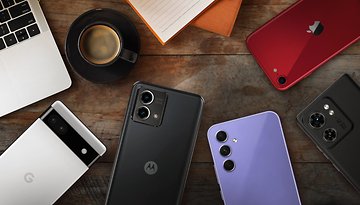
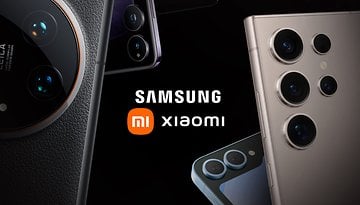

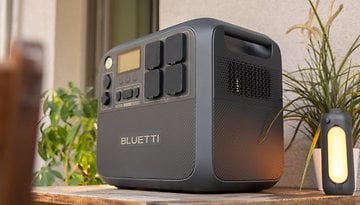

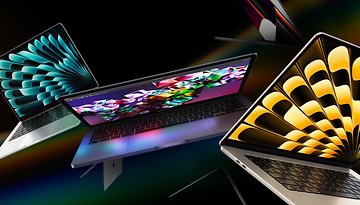
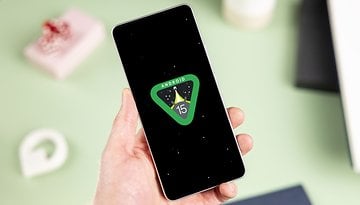
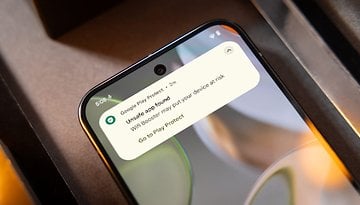
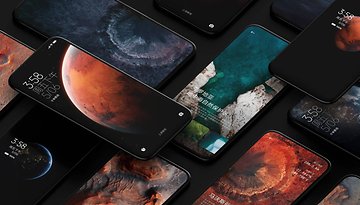


Sticking by 0 for the US resident (my 2019 comment) The band matchups are poor for my carrier. I did pick up the inkpalm (7 months old comment) and convert it for English use. It's fine as a reader and the size is ideal for my purposes. The new 2nd gen version is even more intriguing, but unnecessary where I have the first gen.
Just their Inkpalm interests me and that's not a phone, but a phone format ereader.
The correct answer is 0 for the US resident.
-
Admin
Dec 19, 2019 Link to commentold list. Redmi 8, 4gb ram, 64 gb storage battery 5000 mAh. extremely cheap for the specs. Great phone
I hope they can distribute all their phone models worldwide.
So do I, Ivan. And that's the real catch with Xiaomi isn't it? Every year we hear that they'll start selling in more markets but even the US doesn't have them yet. Stepping up their efforts towards this should be a priority for the company.
In a race to achieve maximum number of technology user shares each brand is coming up with their own smartphone, Xiaomi too seems to have jumped the bandwagon. They have been releasing units that are of excellence and something you really want to have.
Great specs and value... but, what about regular software support and updates ? I'm hoping the new trend for Chinese OEM's is a more stock like android, something Huawei is considering....
Yeah thats one thing thats holding me off of buying one. Who knows whats going to happen after 1-2 years. Sure right now you can not even buy one here in the US or even Europe so Support is the biggest question anyways.
To bad none of their phone support US LTE bands.....
i hear ya. But, i was testing a Doogee X5 on ATT. It only got 3G but felt just as fast as my Zenfone 2 on 4G. Just my two cents though.
Well I guess they are about to change that as soon as their phones are officially available in the US. Anything else would not make any sense at all.
i want to try one.